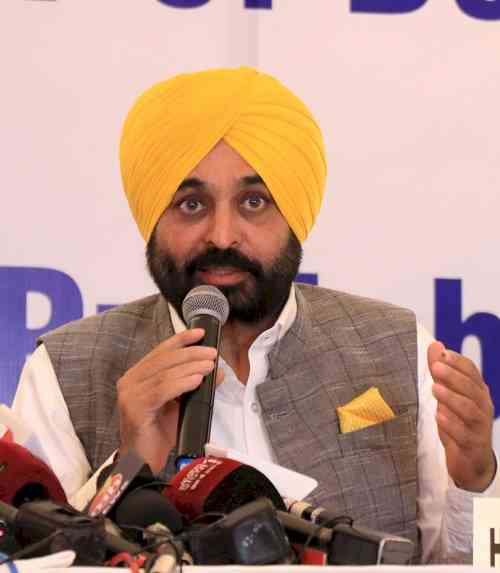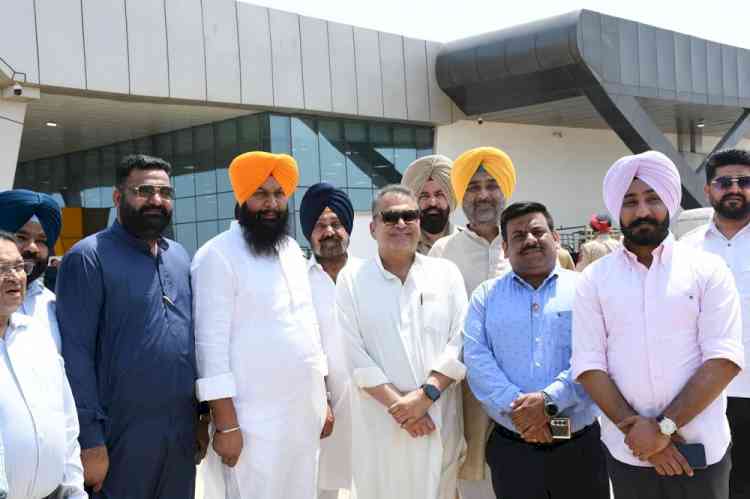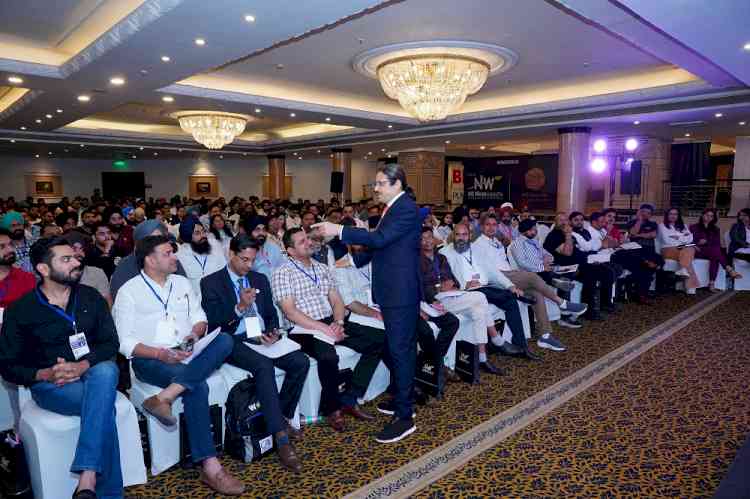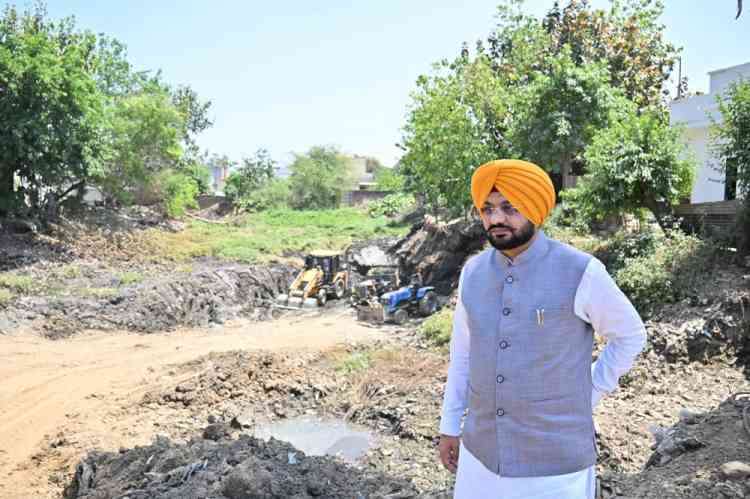IANS-CVoter National Mood Tracker: Opinion divided over Punjab govt's ability to provide free electricity
The Aam Aadmi Party (AAP) government in Punjab headed by Bhagwant Mann presented its first budget on June 27.

New Delhi, June 29 (IANS) The Aam Aadmi Party (AAP) government in Punjab headed by Bhagwant Mann presented its first budget on June 27.
In his first budget, Punjab Finance Minister Harpal Singh announced that budgetary provisions have been made to provide 300 units of free electricity each month to every household in the state starting July 1.
The AAP had promised to provide 300 units of free electricity during the campaign for the Assembly elections in the state held earlier in the year. The free electricity scheme would put a burden of Rs 1,800 crore on the state exchequer. Notably, despite this sop of free electricity, no new taxes have been announced by the Bhagwant Mann government in its first budget.
The CVoter-IndiaTracker conducted a countrywide survey on behalf of IANS to know if the Punjab government can afford this subsidy on electricity.
During the survey, people were divided in their opinion on the issue. According to the survey data, while 49 per cent respondents said that the Punjab government can afford to provide 300 units of free electricity without inviting any financial duress, 51 per cent respondents did not share this sentiment.
The survey highlighted political polarisation in the views of NDA and opposition voters on the issue. While 60 per cent of the opposition voters said that the Bhagwant Mann government will be able to afford this subsidy on electricity, 65 per cent of NDA voters expressed a completely different opinion on the issue.
During the survey, while the majority of urban voters -- 60 per cent -- stressed that the Punjab government will manage to afford this subsidy on electricity, the views of rural voters were divided on the issue.
As per the survey data, while 53 per cent rural voters said that the Bhagwant Mann government will manage the finances to provide 300 units of free electricity, 47 per cent of rural electorate did not agree to this sentiment.


 IANS
IANS 










